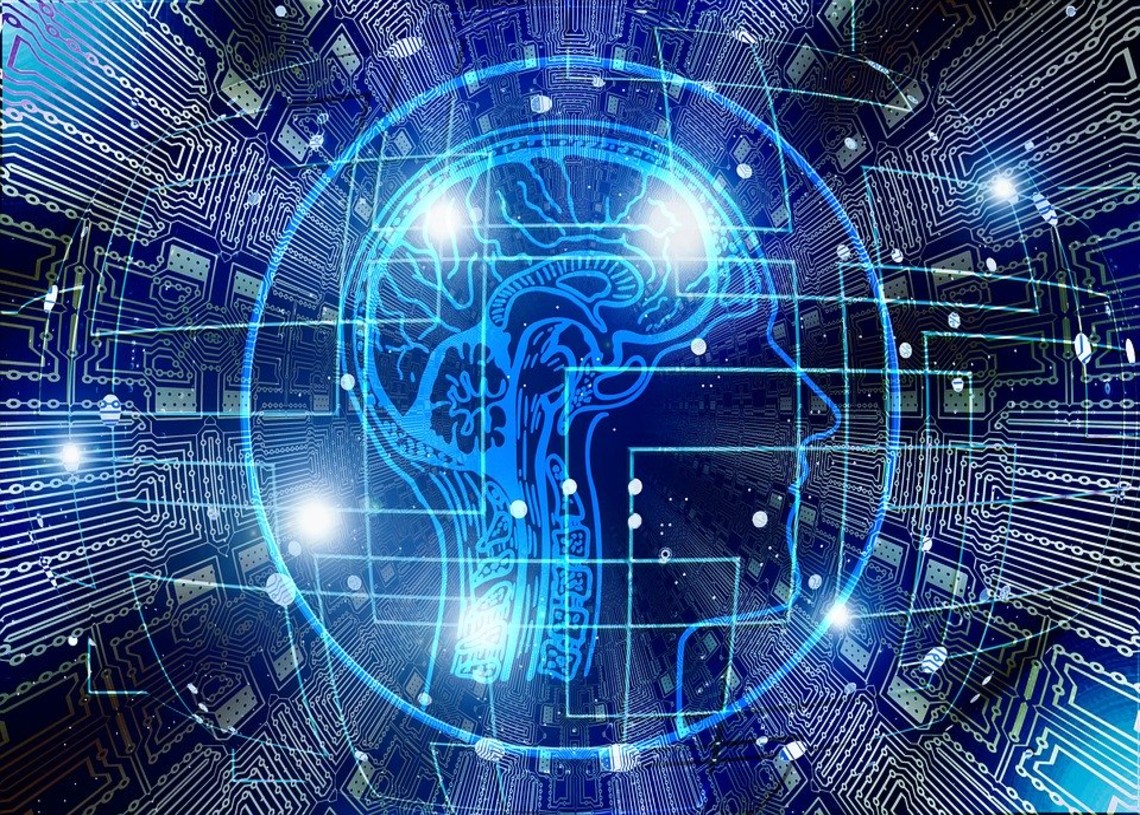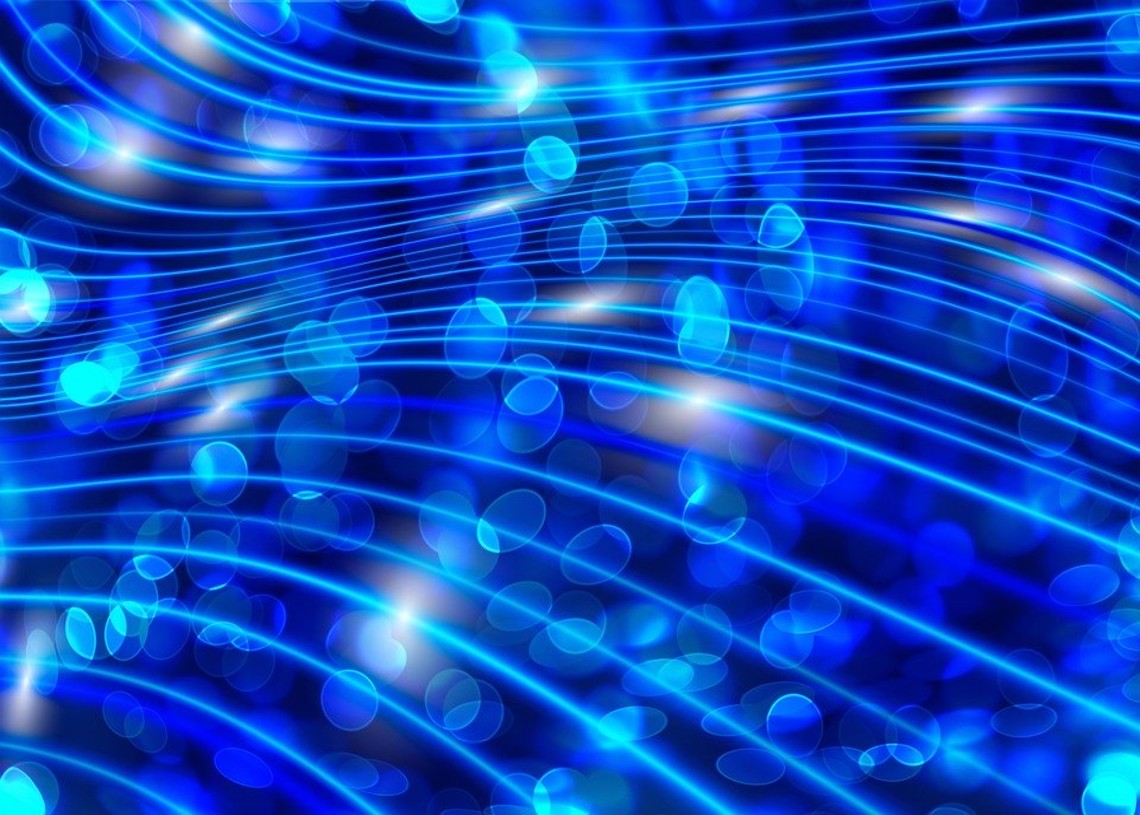Has our current artificial intelligence achieved consciousness? The debate on what and how it will impact society continues to divide scientists.
The debate on whether general artificial intelligence (GAI) by machines will ever be achieved continues to divide scientists, with many agreeing that it will take decades before such complexity can be achieved in machines.
Achieving GAI would mean machines are now able to think independently and like humans, placed in the same environment as humans. Their algorithms would start being able to rewire themselves, just as the human brain does in order to learn a new complex task. These algorithms would also be able to store their newly learned skills to use for future circumstances.
Does general artificial intelligence equal consciousness
Achieving GAI, however, would not mean achieving consciousness, something many scientists agree. However, the definition of the term conscious and what it may consist of for inanimate objects such as a robot or an artificial intelligence program is not universal among scientists.
Some researchers believe that deep learning is the path to achieving machine consciousness. The argument is that these machines will be able to create their own algorithm pathways through knowledge acquired and gain self-awareness of some sort.
However, there are still others who believe that consciousness will be achieved with the development of new complex mathematical fields specifically for artificial intelligence. Through complex mathematics and algorithms, the machines will be able to gain consciousness.
However, some research into consciousness shows that artificial intelligence has already achieved consciousness.
How exactly has AI achieved consciousness
Mathematicians Johannes Kleiner and physicist Sean Tull in a recently published research paper argued on the nature of consciousness that seemed to suggest that everything in the universe has some level of consciousness. They used the Integrated Information Theory of Consciousness (ITT), which states that everything in the universe has the ability to be conscious at some level.
It is easy to see how an ant is conscious because it is able to experience life around it, eat, and move. However, the ITT theory becomes much more complicated when moving from living things to inanimate objects such as stones. A simpler explanation is at subatomic levels, both inanimate and animate objects are made of the same materials.
Therefore, if this is the case, it is easy to see how an AI with basic logic-based decision making has already achieved consciousness. If, by definition, consciousness is a shared reality between entities, the AI is already conscious.
The future prospect of machine gaining consciousness is mind-boggling, and their implications to the daily lives of humans can only be imagined. It is true that in the future, we will be able to have robots narrating their experiences as inanimate objects.







